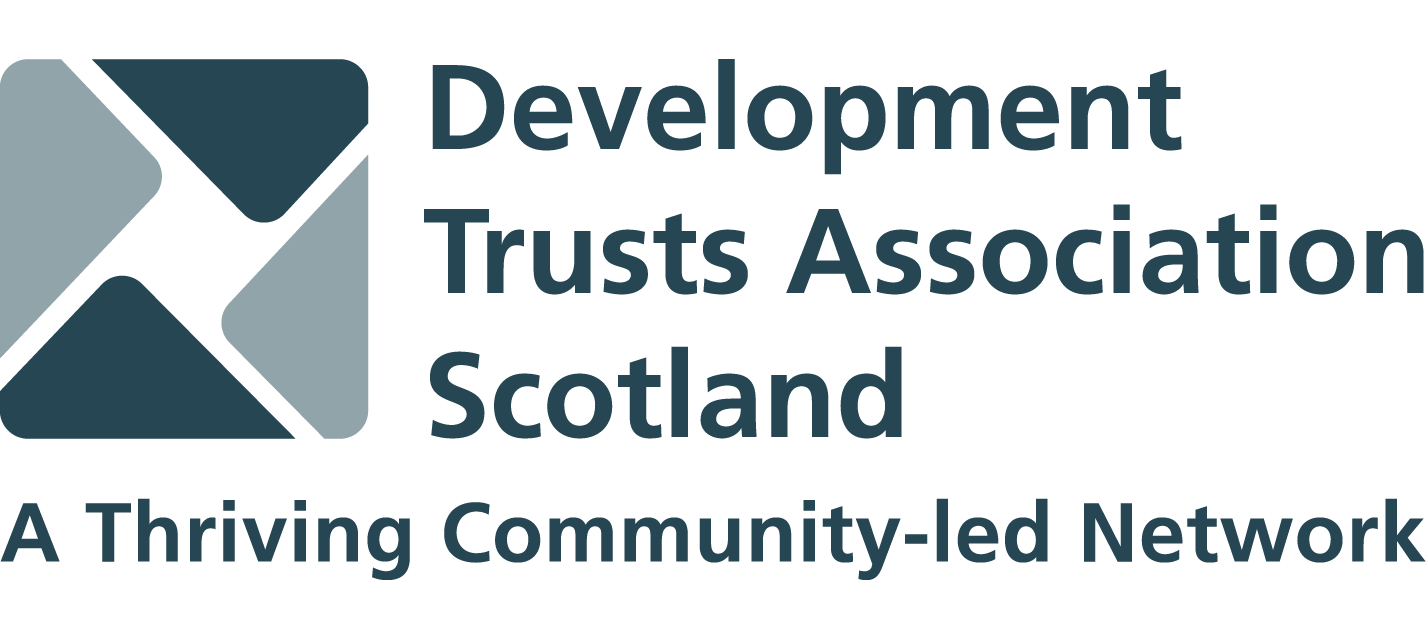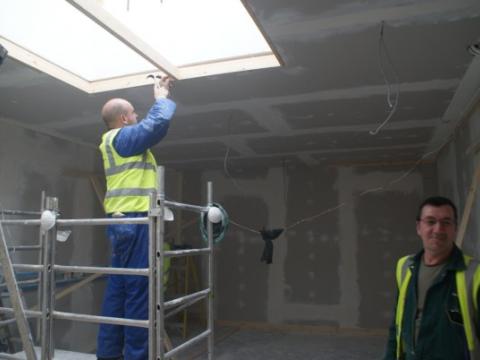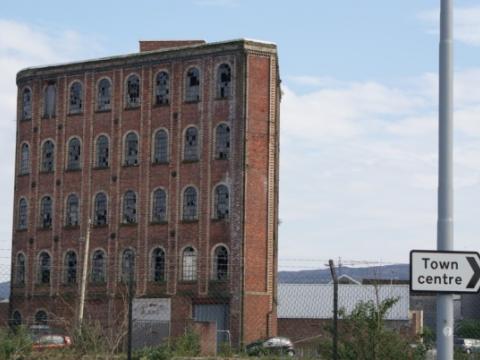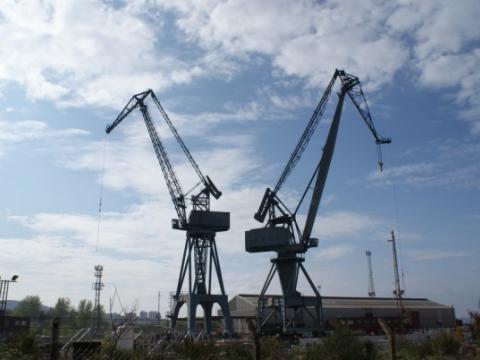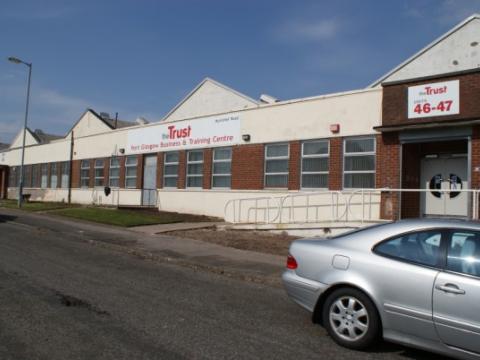 Case Study: Inverclyde Community Development Trust
Case Study: Inverclyde Community Development Trust
Inverclyde Community Development Trust, known locally as ‘the Trust’, began life in 1987 as Greenock Employment Action Group with two workers and a target of seven jobs. It’s come a long way since then, and Jim Bristow, one of those two original workers and now Chief Executive, considers the secret to its long and successful life.
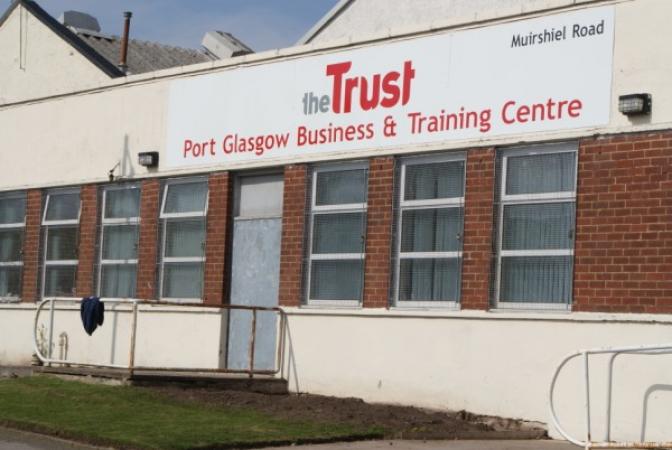
Sometimes we’re accused of being too big. Social economy organisations shouldn’t be this size - where does it say that? We are a significant local employer with a turnover of £3 million, assets of £1 million and 115 staff - almost all of whom live locally. We provide care services for older people, training for unemployed people and regeneration services for communities and business. Our income comes from: property rents – we own offices in Greenock and Port Glasgow; delivering contracts for the Local Authority; and European and Scottish Government funding programmes such as Fairer Scotland.
Staying community-based …
We’ve stayed rooted in the community. I live here; the Chair was my boss 25 years ago in the Local Authority; and our Board is full of local people. This makes for a depth of local knowledge that delivers, and it’s crucial for the future of the Trust that we do not lose this by moving to a ‘quasi-business model’.
We’ve a reputation for working at the interface with the community, where other ‘outside’ organisations can’t reach. Many local people have moved into work through our programmes. For instance, a couple of men from a chaotic, tough background started on our skills programme and have now been here for a year gaining experience in painting and decorating. They are doing a great job and would be hard to replace – that’s our business. We’re community-driven, here for the long-term, and we’ve got over 20 years of references that demonstrates our ability to deliver.
Fitter, sharper, stronger
That’s not to say sustainability isn’t an issue. We have to win contracts and deliver services: sometimes we’ve had to make the hard financial decisions about closing services. From 2010, with ring-fencing removed from local government funding, we’ll have to compete with the Local Authority itself. We’re looking to further develop our mixture of income sources to avoid funding gaps. We’re also committed to continuity through a strong staff team. My depute and I have been here from the start, and soon all our managers will have achieved SVQ level 4 in programme management, making us ‘extra fit for purpose’. Whatever happens we’ll remain true to our mission: remove barriers, create jobs and provide services.
